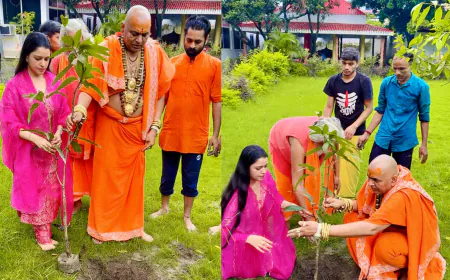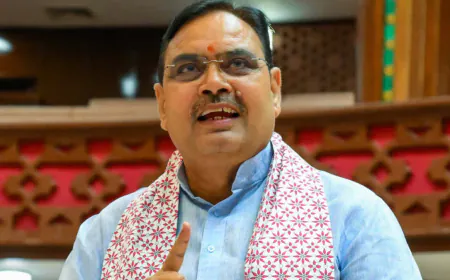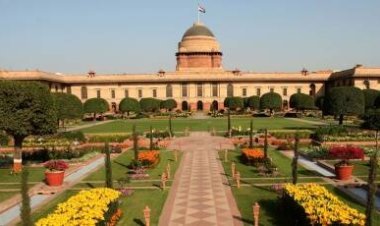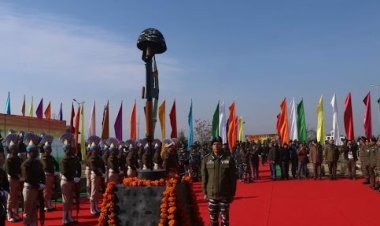Bhagavad Gita and Natyashastra added to UNESCO's Memory of the World Register, PM Modi called it a proud moment
Bhagavad Gita, Natyashastra added to UNESCO's Memory of World Register: Srimad Bhagavad Gita and Bharat Muni's Natyashastra have been inscribed in UNESCO's Memory of the World Register. On this, Prime Minister Modi said that it is a proud moment for every Indian.

The Srimad Bhagavad Gita and the Natyashastra of Bharat Muni have been inscribed into UNESCO's Memory of the World Register. In response, Prime Minister Narendra Modi described it as a moment of pride for all Indians. These two works are among the 74 new items included by UNESCO on the register on Thursday. The total collections of this register have now risen to 570.
Prime Minister Modi wrote on social media platform X (formerly Twitter) on Friday, the inclusion of Shrimad Bhagavad Gita and Natya Shastra in UNESCO is a global recognition of our eternal tradition, profound knowledge and rich culture. This is a proud moment for every Indian. He further said that the Gita and Natya Shastra have given direction to human civilization, consciousness and cultural development for centuries. Their teachings still inspire people around the world.
Union Culture and Tourism Minister Gajendra Singh Shekhawat also described this achievement as historic. He said, A proud moment for every Indian across the world! The inclusion of the Gita and Natyashastra in UNESCO’s Memory of the World Register is a global recognition of our timeless wisdom and rich culture. The Gita and Natyashastra have nurtured civilisation, and consciousness for centuries. Their insights continue to inspire the world.
The other 74 collections that have found a place in this list of UNESCO also include historical documents such as slavery, material related to important historical women, the Geneva Convention (1864–1949), and the Universal Declaration of Human Rights. Out of these, 14 collections have been recognised as scientific documentary heritage.
This decision not only gives a new identity to India's cultural heritage but will also become a source of pride and inspiration for future generations.
For Latest News update Subscribe to Sangri Today's Broadcast channels on Google News | Telegram | WhatsApp



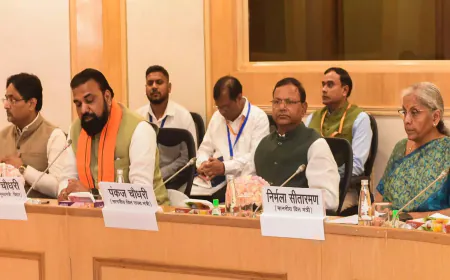

























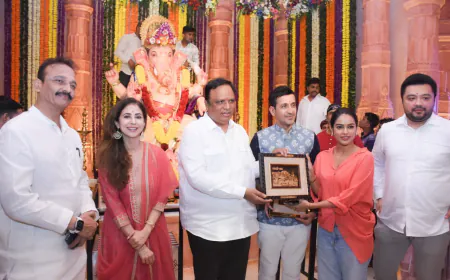







.jpeg)

























